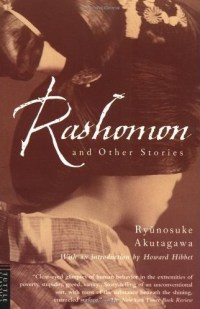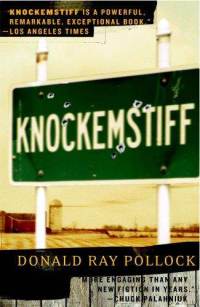Atonement by Ian McEwan
 Thursday, January 27, 2011 at 3:22PM
Thursday, January 27, 2011 at 3:22PM 
First published in 2001
In the first and best of Atonement's three parts, thirteen-year-old Briony Tallis (a precocious, dramatic, attention-seeking kid) sees her older sister flirting with Robbie Turner, the son of their servant, and imagines that something adult is happening, something she fears and doesn’t quite understand. She later intercepts a letter Robbie has written to her sister that describes some lewd fantasies. Convinced that Robbie is deranged, and later seeing him alone with her sister in the family library, Briony makes an accusation that unjustly derails Robbie's life. The novel's second part follows Robbie for a period of time during his war service. The third part brings us back to Briony and her act of atonement that gives the novel its title.
The novel's first section, with its familiar description of British aristocracy, builds suspense as sharply written characters follow inexorable paths to tragedy. It places interesting characters in conflict, it creates dramatic tension, and the writing is brilliant. The second section is less impressive: a conventional war story, well told but in a familiar way. The characters have a dusty feel, as if they had already slogged through other war novels and were getting tired of it. The final section -- the atonement -- made use of an annoying plot device and ultimately seemed anticlimactic.
Atonement never regains the momentum it loses when it switches its focus from the accusation to the war. The novel seems to be setting up a dramatic payoff in the final section that never comes; it didn't grab me or move me, didn't convince me that real people would behave as the characters do. On the strength of its first section and occasional passages of strong writing in the second and third, I recommend the novel, but the disappointing finish prevents me from recommending it highly.
RECOMMENDED
 TChris |
TChris |  Post a Comment |
Post a Comment |  Ian McEwan in
Ian McEwan in  General Fiction
General Fiction 



